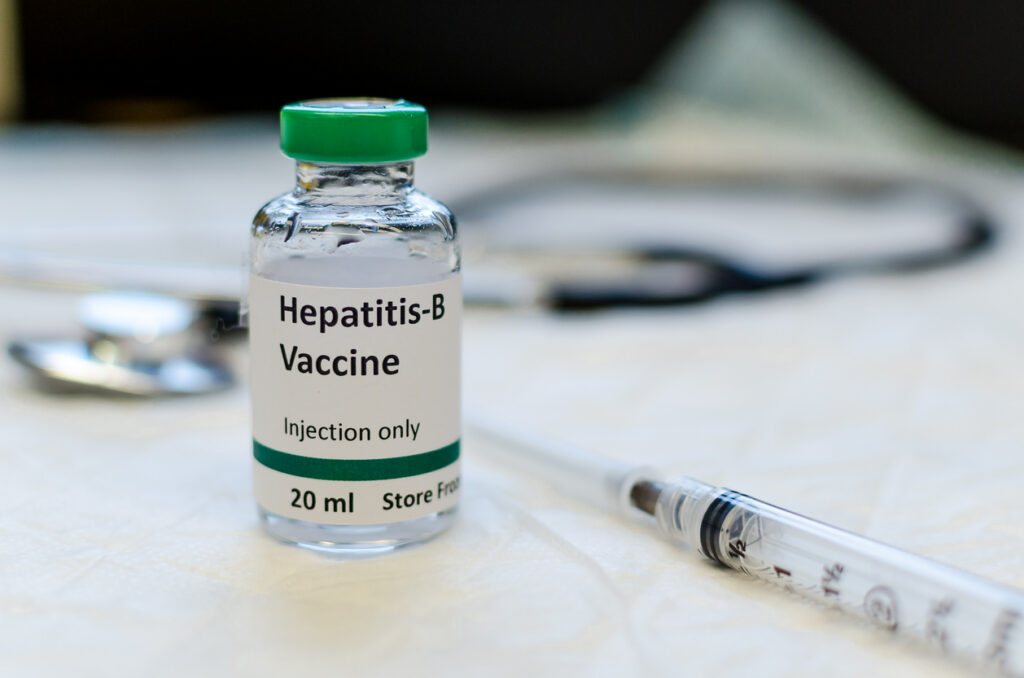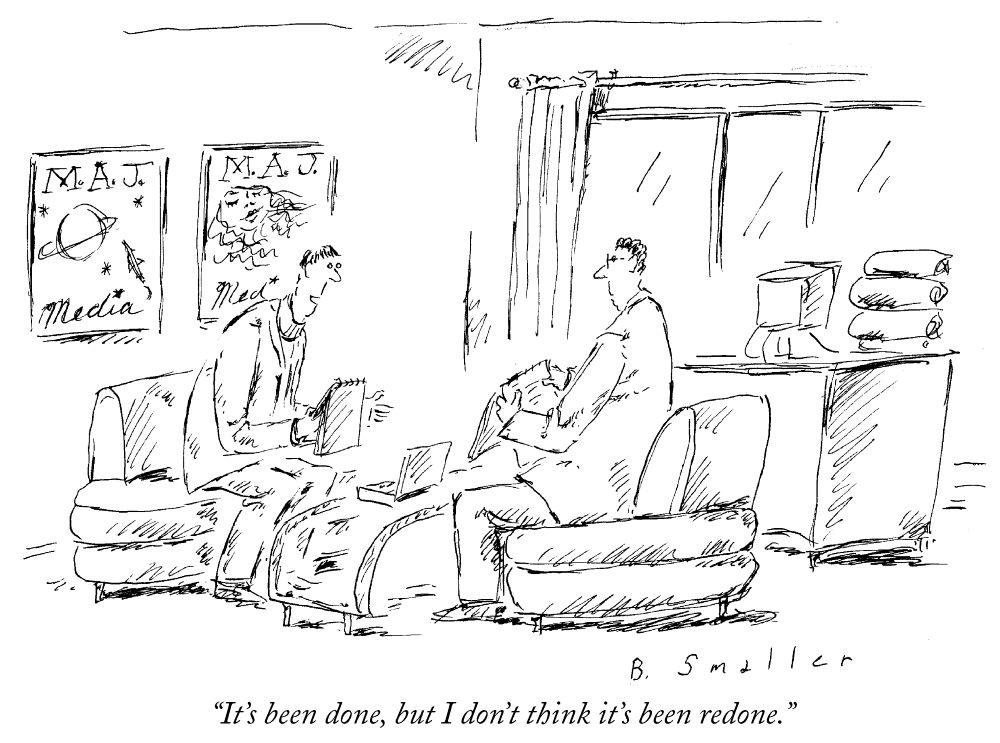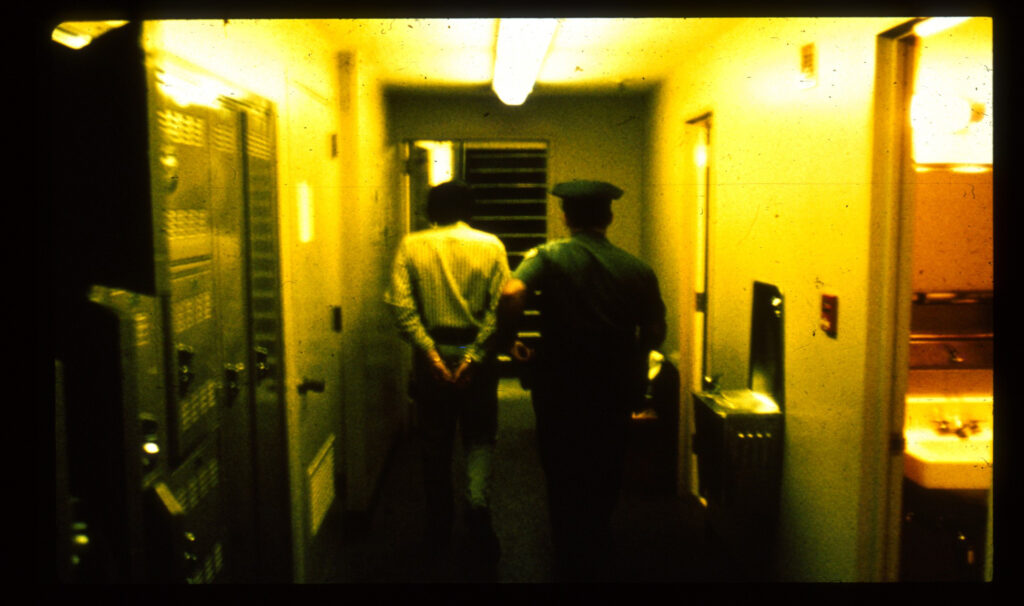
The Committee on Publication Ethics (COPE), an international organization that establishes best practices for scholarly journals, has endorsed specific ethical standards for studies that involve vulnerable groups. Among these standards is this statement in the Declaration of Helsinki: “Reports of research not in accordance with this Declaration should not be accepted for publication.” The current controversy about the U.S. Centers for Disease Control and Prevention (CDC) funding for a proposed study of hepatitis B vaccines in Guinea-Bissau must serve as a reminder of this core requirement of publication ethics.
An unsolicited $1.6 million grant to the Bandim Health Project at the University of Southern Denmark (SDU) would randomly assign more than 14,000 newborns into two groups, those who would receive the vaccine at birth and those who would act as a control group with delayed vaccination. The purpose of the controversial study was to assess the “broader health effects” of the vaccine for the control group.
But we already know the most critical health effect beyond the 48-months of the study: Withholding vaccination will predictably result in an increased incidence of liver disease later in life, including liver failure, cirrhosis and cancer. Therefore, the true scale of the tragedy brought on by this study would never be fully be known.
Continue reading Guest post: The CDC hepatitis B study is unethical and must never be published





